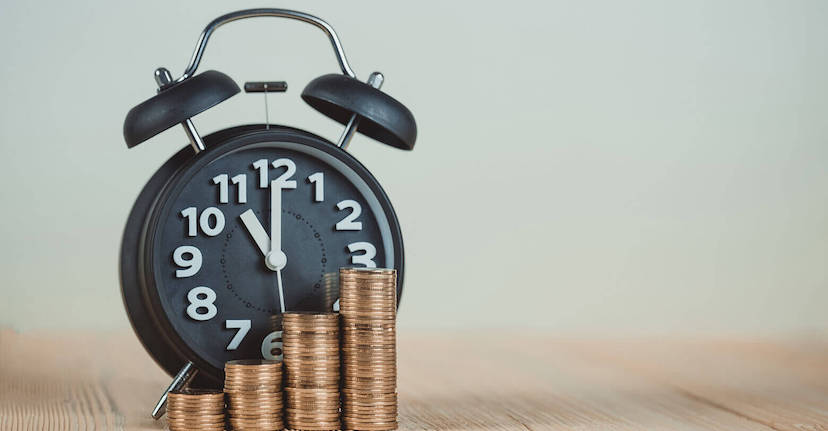Checking in on Dividend Payments
Dividends Down in Q2
In February, the US economy officially entered a recession after a 128-week expansion. As companies pushed through the coronavirus-related economic downturn, many slashed dividend payments to conserve cash. During the second quarter of 2020, net dividend payments were $42.5 billion below payments during the second quarter of 2019. This was the sharpest drop seen since the first quarter of 2009 during the Great Recession, when payments dropped by $43.8 billion.
For S&P 500 companies, Q2 dividend payments were $119 billion, down from $127 billion during the first quarter. S&P 500 earnings for the second quarter are expected to sink 44% below levels for last year’s second quarter. However, in June, dividend increases were higher than cuts and suspensions for the first time since March, showing that some companies are feeling more hopeful about the future than they were during the onset of the pandemic.
Companies to Keep an Eye On
Last month, Target (TGT) and Kroger (KR) were among the six S&P 500 companies which raised dividends. Companies maintaining their dividends included industrial equipment maker, Caterpillar (CAT), insurance company Chubb (CB), and healthcare company Gilead Sciences (GILD).
On the other hand, as the real estate industry continues to struggle, Simon Property Group (SPG) and Ventas (VTR) have cut dividend payouts.
What’s Next
The future of dividend payments is uncertain. Some analysts have noted that over the next several months, stimulus and loan-forgiveness programs will expire. This could result in more economic downturn, which would harm companies across many industries.
In case of more shutdowns and economic downturn, large tech companies with deep cash reserves might be well-positioned to keep up with dividend payments. Though payouts from companies like Microsoft (MSFT) and Apple (AAPL) tend to be small, these companies will likely be able to maintain consistent payouts. Healthcare stocks, like Johnson & Johnson (JNJ), could also be well-positioned to keep up consistent dividend payments. Dividend payments, like so many other aspects of the economy, will depend on whether or not coronavirus cases continue to rise or level off in the coming months.
Please understand that this information provided is general in nature and shouldn’t be construed as a recommendation or solicitation of any products offered by SoFi’s affiliates and subsidiaries. In addition, this information is by no means meant to provide investment or financial advice, nor is it intended to serve as the basis for any investment decision or recommendation to buy or sell any asset. Keep in mind that investing involves risk, and past performance of an asset never guarantees future results or returns. It’s important for investors to consider their specific financial needs, goals, and risk profile before making an investment decision.
The information and analysis provided through hyperlinks to third party websites, while believed to be accurate, cannot be guaranteed by SoFi. These links are provided for informational purposes and should not be viewed as an endorsement. No brands or products mentioned are affiliated with SoFi, nor do they endorse or sponsor this content.
Communication of SoFi Wealth LLC an SEC Registered Investment Advisor
SoFi isn’t recommending and is not affiliated with the brands or companies displayed. Brands displayed neither endorse or sponsor this article. Third party trademarks and service marks referenced are property of their respective owners.
SOSS071002



